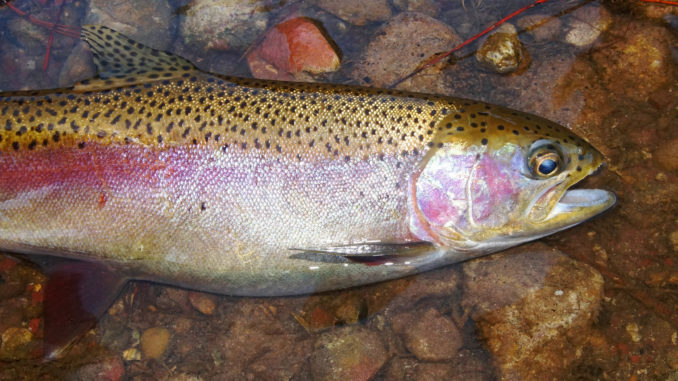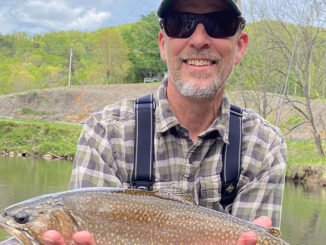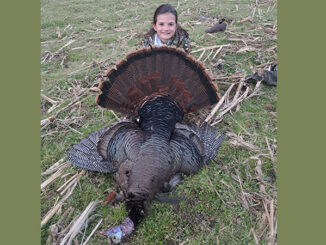
Stocking resumes in trout streams across the mountains
The N.C. Wildlife Resources Commission resumed stocking Hatchery Supported trout waters this week after receiving confirmation that trout from Armstrong State Fish Hatchery in Marion and Setzer State Fish Hatchery in Brevard tested negative for whirling disease, a disorder affecting trout.
Whirling disease affects fish in the trout and salmon family. Caused by a microscopic parasite, it damages cartilage and skeletal tissue in fish, causing them to swim in a whirling motion. While often fatal to juvenile fish, the disease does not infect humans or pets, and eating an infected fish is not known to cause any harmful effects.
The Commission will not retroactively stock Hatchery Supported locations that did not receive fish during the hatchery-testing period due to recent drought conditions and concerns of high water temperatures at those locations.
The Commission also has implemented safeguards to reduce the chance of the parasite being transported to agency trout hatcheries.
“We are initiating disinfection protocols for all gear and stocking trucks returning from stocking runs before they enter the hatchery,” said David Deaton, the Commission’s fish-production supervisor. “Additional security measures are being developed to minimize the potential introduction or spread of the disease into other trout waters or our production facilities.”
Whirling disease was confirmed in rainbow trout collected from the Watauga River on July 28 — the first occurrence of it in North Carolina. Even though the diseased trout were well upstream from stocked areas, biologists sampled trout from its two trout hatcheries, Armstrong and Setzer, and sent them for testing at the fish disease laboratory at Auburn University in Alabama.
Biologists are continuing to sample waters in the Watauga River basin to determine the extent of whirling disease. They expect test results within two weeks.
Biologists also have instituted a gear-disinfection protocol to ensure the parasite is not spread to new locations when staff is in the field collecting trout and sediment from streams that could potentially contain the whirling disease parasite, tubifex worms or gill lice.




Be the first to comment